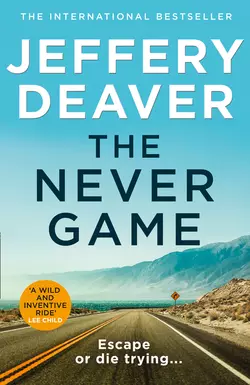The Never Game

Джеффри Дивер
Тип: электронная книга
Жанр: Современная зарубежная литература
Язык: на английском языке
Стоимость: 2327.96 ₽
Статус: В продаже
Издательство: HarperCollins
Дата публикации: 16.04.2024
Отзывы: Пока нет Добавить отзыв
О книге: The Never Game, электронная книга автора Джеффри Дивер на английском языке, в жанре современная зарубежная литература